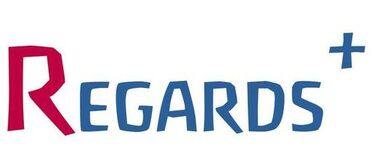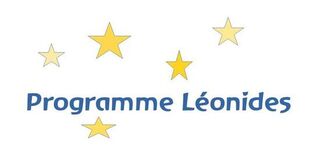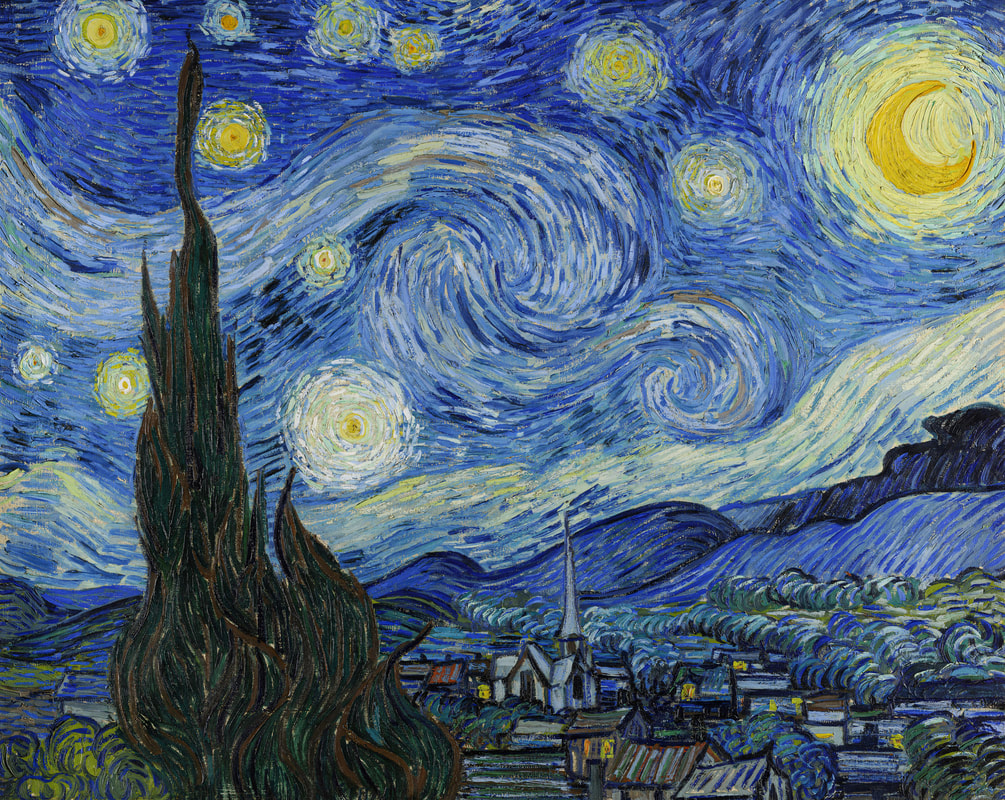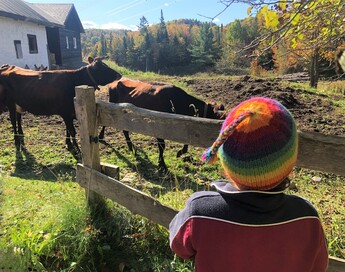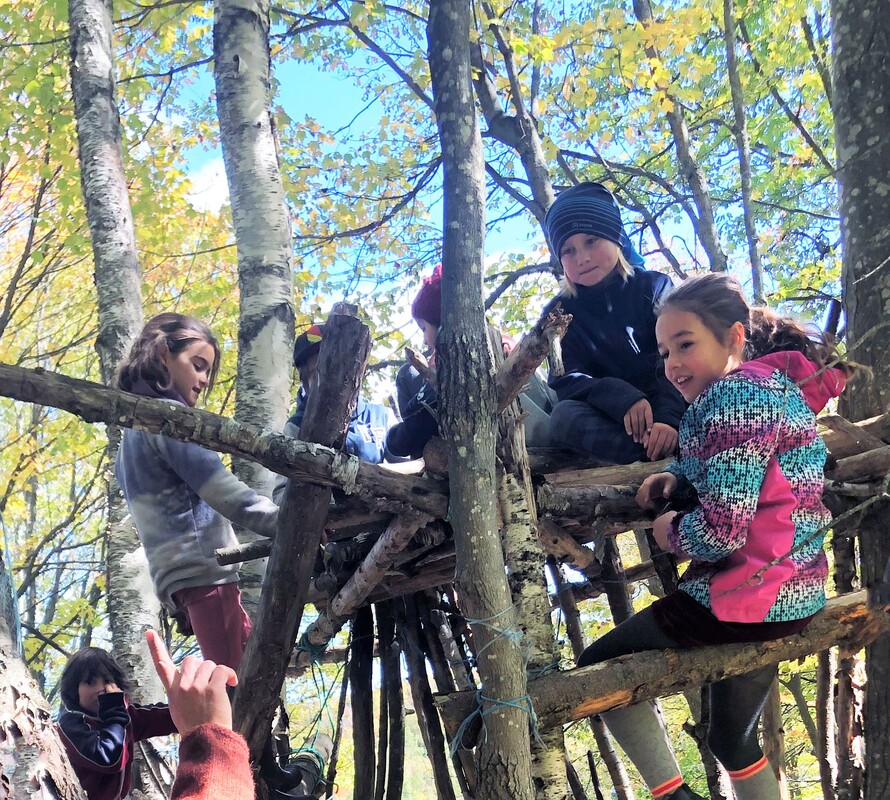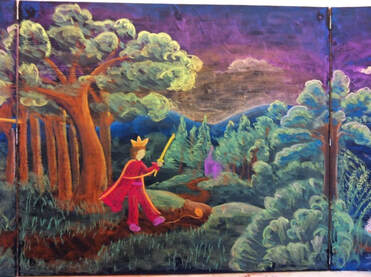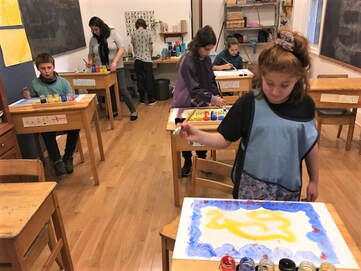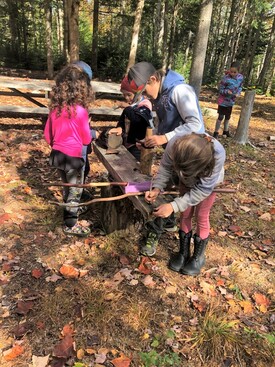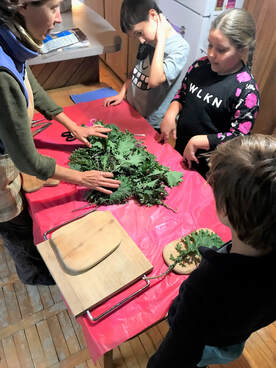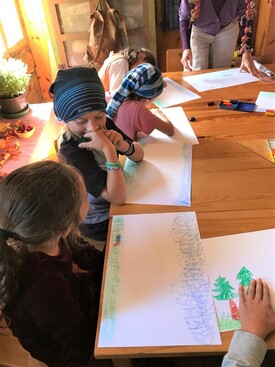A NEW LEARNING CENTER FOR CHILDREN FRO 5 TO 14 YEARS OLD
Life through all the senses
|
Waldorf pedagogy takes into account the complete human development. It is not only a question of acquiring knowledge, - the famous academic learning -, it is the development of all facets of the child.
Respecting the rhythms of the child's overall development allows for the consolidation of his or her development so that, as an adult, he or she can shape his or her life path accordingly and in complete freedom. Learning corresponds to the complex and multiple nature of real things, as well as to the inner moral needs of the child. What is to be brought to the child must be as much as possible in the form of image, rhythm, and musicality. Subjects and knowledge are connected to immediate, and therefore less abstract, contexts by the will and activity itself and by the feelings and sentiments of the lived experience. |
This alternative responds to the needs of parents who are looking for an educational environment where their child, bringing new questions, can be heard, perceived and understood. We welcome children by offering them a different setting from the traditional structure, with a non-coercive approach. |
|
Inclusion and integration
Instead of being isolated, the children are placed in a context that will promote learning for them. They are in smaller classes, temporarily or for longer periods, or even permanently. In the Leonids program, there is no stigma. The context in which learning takes place for some children is simply more adapted to the differentiated needs that may arise within the broad spectrum of the developing child. |
Practice of social skill
Learning, throughout one's life, always happens thanks to an "other", and this in the case of a child, either in the family context, or in a school context, thanks to a teacher or teachers or by other high. Learning itself is social in nature. But not all children are equipped in the same way. A sympathetic and understanding eye can facilitate and create the conditions for learning to take place. |
Learning is practicing
All children are not the same, nor is the child a finished product. A single approach cannot cover all the learning styles of different children. Besides, what is really "learning"? It is a subtle process that can take place on many levels within the complexity of the developing child. Perceiving this subtlety, without overstepping the mark, is central to the Leonids approach. Perceiving and accompanying the inner movements of the child in their daily manifestations, in order to better guide the child to go beyond his or her limits, is an enriching challenge for both the teacher and the children who benefit from the Leonids program. |
Learning to Learn
C R E A T I V E T H I N K I N G S K I L L S
| ||||||||
CultureChildren are educated with a curriculum that is relevant and appropriate to their actual age of development. A rich curriculum where the arts are integrated with academic learning.
Imagination is not only conceived as a faculty used in the arts, but is used to visualize or represent problems, circumstances, equations, formulas, memorizations, anticipations, projections, resolutions, or simply to follow in their course facts and phenomena, whether economic, scientific or other, belonging to all professions and all situations of life. |
The Outdoors
|
|
The Forest Kindergarten concept is well known. Some of its principles apply to the Les Perséides class. In particular the freedom in the play. That is to say, unstructured but "self-initiated" play, where the child is not always supported from the outside to stimulate him in his activities, but where he manages to satisfy himself with his own activity, in which he is finally fully engaged. His "focus", his interest, his attention, which he can deploy without interruptions, as well as the coordination of his multiple faculties are at their best. |
This also allows them to explore their environment, while developing their own skills in contact with this environment, and this in the most varied way. Interaction with others is exercised naturally and spontaneously in the action of the game, where their imaginative abilities play a large part.
Through the practice of their physical abilities, such as coordination, balance, resistance to the cold, in front of an environment of great variety, the child is intensely invigorated, and where otherwise fears, fears for all kinds of possible dangers limiting the range of its possibilities, confidence is established, as much in oneself as in its environment. The child becomes more serene and confident, able to meet the world in full possession of its means.
Through the practice of their physical abilities, such as coordination, balance, resistance to the cold, in front of an environment of great variety, the child is intensely invigorated, and where otherwise fears, fears for all kinds of possible dangers limiting the range of its possibilities, confidence is established, as much in oneself as in its environment. The child becomes more serene and confident, able to meet the world in full possession of its means.
Allow for individual trends
|
Often, children's "hindrances" are contained by external elements such as discipline (reprimands), medication (e.g., Ritalin), rewards, etc. In our classroom, these tendencies are freed from what represses them so that we can see them and then transform them to become positive forces in the child's personality. In our classroom, these tendencies are released from what represses them to allow us to see them, and then transform them to integrate them as positive forces in the child's personality. This process of transformation can sʼoperate through the understanding of the child made possible by the tools of Waldorf pedagogy. |
I N T E G R A T I O N
Social learning
|
The child, an individual and social being
Basé sur une compréhension holistique de l'être humain et du monde, le curriculum s'adresse à la fois au groupe d'enfants, tout en étant dans la pratique constamment ajusté aux enfants individuellement.
|
Acquisition through practice
En nous confiant vos enfants à l’intérieur de l'aspect pratique du curriculum, ils apprennent à se prendre en charge tant au niveau de leur propre développement qu'au niveau des obstacles à leur propre développement. Et ceci afin qu'ils découvrent leur propres capacités, ce qui est constamment célébré au travers d'événements culturels et de festivals artistiques qui ont lieu autant pour les enfants eux-mêmes, leurs parents et leurs professeurs.
|
Integration
Le programme vise a supporter l enfant de l'école à la maison, en lui permettant de suivre des ateliers de développement globale et le préparant ainsi pour la suite. Le programme Léonides aide à la réintégration, si nécessaire, des enfants à la classe régulière, par le passage au travers d'expériences et d'activités qui permettent de renforcer les capacités au niveau physique et psychique.
|
NATUREEXPERIENCES AT THE:
Garden Physical efforts (perspiration), patience, meticulousness, perseverance, etc. Farm The child entering an experience receives a rich experience of the senses, perhaps off-putting at first, and to which he has to adapt and adjust Forest Walking in the forest / climbing in the mountains Equitherapy (to come) |
CULTUREARTISANAL AND ARTISTIQUE PRACTICE, MOUVEMENT
Languages Sciences and maths openness and access to the world Arts Eurythmie Music/Singing Theatre plays Drawing and form drawing Clay, modelling et painting Handicrafts Handicrafts and woodworking Preparation of meals Outdoor Education and Movement Physical Education and Movement |
Inspirational Images
"Here is a real opportunity to adapt to each individual child in a way that has never been done before in any other school."
